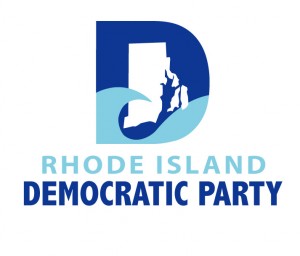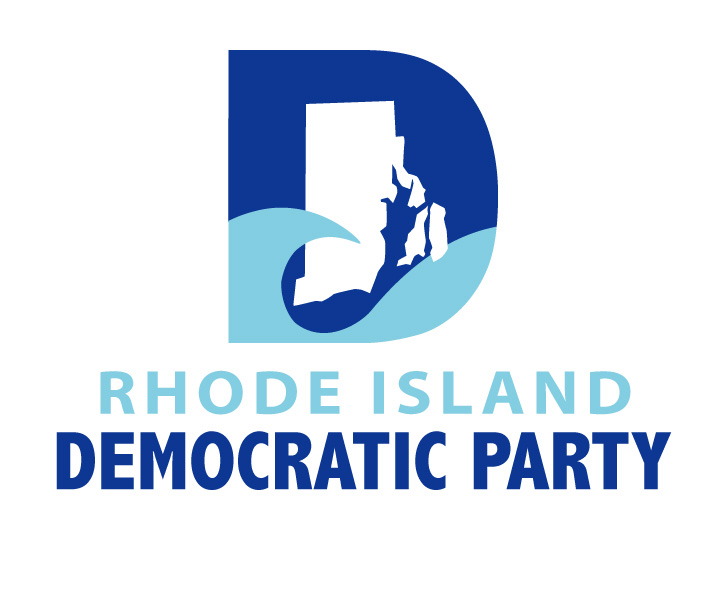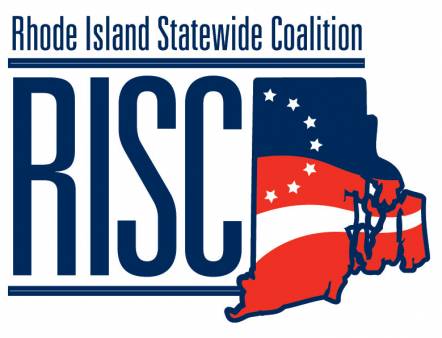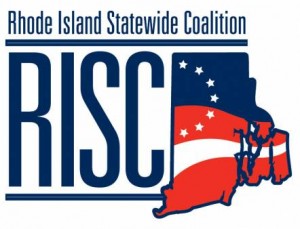
First, right off the bat: anyone who uses the phrase “Democrat Party” is already showing their ignorance of the Democratic Party. You should still read their arguments, but chances are, they’re going to be off-base. And that’s what Donna Perry’s column in GoLocalProv is (the URL says Julia Steiny for some reason).
Ms. Perry tries to set up a scenario of a polarized RI Democratic Party; a “traditional apparatus” Democratic Party under the command of Chairman Ed Pacheco and another “union-social liberal” Democratic party, with NEARI’s Bob Walsh as leader (because, why not, that works). Ms. Perry’s scenario breaks down almost immediately, though she muddles through to the correct conclusion arrived at by the wrong route (that Democratic Primary results “lacking a narrative,” as WPRI’s Ted Nesi put it, are likely to continue). As Ms. Perry points out, there were a number of races where unions and marriage equality supporters worked for different candidates. If Mr. Walsh is to be the head of Ms. Perry’s fictional second Democratic Party, he seems to be doing a piss-poor job of it (no offense meant, Bob, but get your fictional party in line).
Ms. Perry points to two races for Senate; Maryellen Butke vs. Gayle Goldin and Mike McCaffrey vs. Laura Pisaturo. In the interest of space, I’ll focus solely on the former.
In Ms. Perry’s telling, Ms. Butke the marriage equality and education reform “powerhouse” is defeated by Ms. Goldin the union-chosen candidate. This faux narrative completely ignores the fact that Ms. Butke, despite gobs of cash, ran a confusing campaign that both bashed the Democratic Party and retiring Senator Rhoda Perry, and then tried proposing that Ms. Butke was the true “progressive successor” to Rhoda Perry. One mailing had Ms. Butke’s happy campaign on one side, and an attack piece on Ms. Goldin in mock Goldin colors on the other. The attack piece attempted to tie Ms. Goldin to policies she had nothing to do with, citing sources that make zero mention of Ms. Goldin; including one of Mr. Nesi’s blog posts that simply pointed out that the ultimate cost of the $75 million 38 Studios loan guarantee was closer to $112 million.
On top of this, Ms. Perry neglects to mention that Senator-elect Goldin isn’t exactly any kind of right-wing ideologue; she’s worked for an organization that wants to eliminate gender inequity and implement social justice! Oh, the horror! How could liberal Providence East Side Democratic Primary voters dare choose Ms. Goldin? In essence, there wasn’t much difference between the candidates, and Ms. Butke’s semi-negative campaigning was not effective (though she was quite energetic).
Ms. Perry has made the mistake of thinking of groups as monolithic. She’s done well in beginning to not think of the Democratic Party as monolithic. But now she’s gone and begun thinking of her fake “two Democratic Parties” as being monolithic. Or social liberal or union voters as monolithic. Just because you support marriage equality doesn’t mean you always vote for the louder marriage equality candidate. Just because you’re in a union doesn’t mean you’re going to vote the way the union tells you.
The Democratic Party in Rhode Island is not really under the control of anyone. It is a large-scale coalition of disparate groups. You can’t make blanket assumptions about any one group within that coalition. They range from various unions (unions often work against one another), environmental groups, farmers, various minority communities, LGBTQ activists, internet freedom activists, anti-poverty crusaders, pro-life activists, education reformers, corporate leaders, lawyers, neoliberals, etc., etc. Heck, even though he lost, ALEC Democrat Jon Brien is still very much part of the Democratic Party of Rhode Island.
If there is a narrative from primary night, it’s that the Democratic Party is shifting left. Unions and marriage-equality supporters didn’t really lose any ground, they only gained it, knocking off a number of their opponents. Yes, they didn’t win everything, but then, no one does. They all won under the Democratic Party banner, which should be pleasing to the Democratic Party (a displeasing result would be a large organized mass of union and/or social liberal candidate running as independents and not participating in the primary). David Cicilline absolutely crushed Anthony Gemma, which should make many Democrats smile. Going into the general election, Democrats are going to have quite an advantage, with higher turnout rates to support President Barack Obama.
So, no, Ms. Perry, as much as you, or I, might wish it, there are not three parties in Rhode Island. There’s one. It’s called the Democratic Party. It runs the state. It’s in charge. It screws up, it succeeds. How powerful is it, you might ask? Well, let’s see why I didn’t count the Republican Party as a party.
Take a look at the first television ads for Barry Hinckley and Brendan Doherty. They’re only 30 seconds each (and rather benign), so it’ll only take about a minute. Notice anything? Both candidates use the phrase “both parties” when talking about who to blame for America’s economic situation. Both fail to make use of the color red, strongly associated with Republicans, instead opting for blue (strongly associated with Democrats). And most damning of all? Neither mention their party affiliation; only Mr. Doherty shows it (barely) onscreen, I assume because of law forcing him to show that the National Republican Committee helped pay for the ad. That should tell you all you need to know about the Republican Party in Rhode Island.





